
Are Covid Lessons Helping the Region Fight Monkeypox?
A Latin America Advisor Q&A featuring experts’ viewpoints on the monkeypox outbreak in Latin America and the Caribbean.
A Latin America Advisor Q&A featuring experts’ viewpoints on the monkeypox outbreak in Latin America and the Caribbean.
On July 26, 2022, the Inter-American Dialogue hosted a public event titled “Cancer and Covid-19: New Challenges to Controlling Cancer in Latin America and the Caribbean.”
It’s time for President Biden to release a plan of action that will help solve the problems of the region and return the U.S. to the position of a respected and trusted partner throughout the Americas.
Hosting the Summit of the Americas in Los Angeles from June 6 to June 10 was supposed to be a golden opportunity for US President Joe Biden to forge closer ties with Latin America and the Caribbean.
A Latin America Advisor Q&A featuring experts’ viewpoints on government health spending in Latin America and the Caribbean.
El 28 de febrero 2022 Michael Shifter, presidente de Diálogo Interamericano, dialogó con el rector de la Universidad Andina Simón Bolívar, César Montaño Galarza. La entrevista se realizó por el programa radio y podcast Café con el rector de la emisora Voz Andina Internacional. Al centro de la discusión se encontró la democracia en América Latina y la importancia del diálogo político en la región y el mundo.
Michael Shifter, presidente del Diálogo Interamericano, participó del primer encuentro del ciclo 2022 de conferencias de la Fundación para la Cultura Urbana (FCU). Durante la charla se trataron temas como las políticas de la administración Biden hacia América Latina y las perspectivas para el futuro de la región.
Ambassador Thomas Shannon, co-chair of the board of directors of the Inter-American dialogue, was interviewed on by StudioTulsa about his recent talk at the Tulsa Committee on Foreign Relations titled “Diplomacy in a Contested World: How to Keep the Peace and Advance American Prosperity in the 21st Century”. The discussion spanned topics from the Russian invasion of Ukraine to US foreign policy to the Covid-19 pandemic.
Michael Shifter, presidente del Diálogo Interamericano, conversó con Giselda Lópezlenci de El Comercio sobre las elecciones en Colombia y Brasil, así como las expectativas del nuevo gobierno electo de Gabriel Boric en Chile.
Roberto Teixeira da Costa was awarded the Mário de Andrade prize by Governor João Doria of São Paulo. The award was a way to recognize and honor those who kept São Paulo culture alive during the period of stoppage of in-person activities. The award also celebrates the resumption of cultural and creative operations in São Paulo.
A Latin America Advisor Q&A featuring experts’ viewpoints on how Covid-19 has affected the structure of health care in Latin America and the Caribbean.
This report, developed by Javier Curcio and Malena Aprile, aims to analyze the impact of the Covid-19 pandemic on the central early childhood policies that make up the defined basic benefit packages.
On September 21st, 2021, The Inter-American Dialogue hosted a panel titled “The Changing Face of Migration in the Americas” to discuss the growing scale of migration in Latin America and the Caribbean and the changing composition of these flows over the past two years.
Bruno Binetti, investigador no residente del Diálogo Interamericano, fue invitado por el Club de Presa para compartir sus opiniones sobre temas urgentes en la región latinoamericana. Durante esta entrevista se abordó el intento de Andrés Manuel Lopez Obrador de fortalecer la Comunidad de Estados Latinoamericanos y Caribeños (CELAC), la distribución de vacunas en el mundo y la creciente crisis migratoria con ciudadanos haitianos en la frontera estadounidense.
El 13 de agosto, el Diálogo Interamericano, con el apoyo de la Fundación Tinker, convocó el cuarto evento de la serie de Jornadas de Evaluación y Sociedad Civil sobre el uso efectivos de datos educativos para tomar decisiones informadas y impulsar cambio en las políticas públicas actuales.
 Video
Video
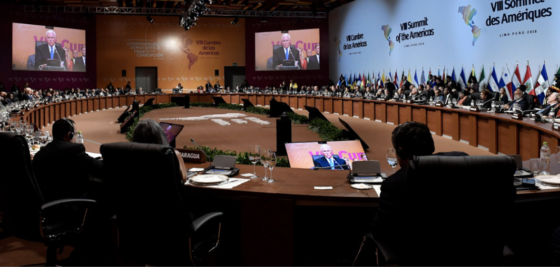
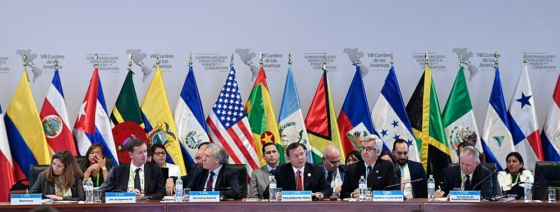
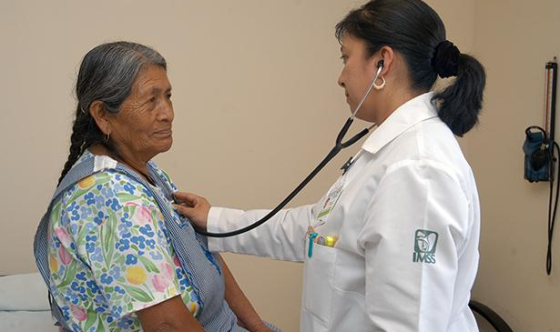
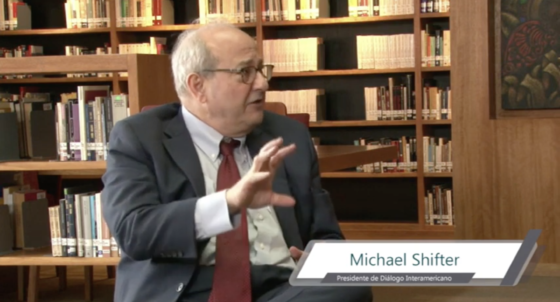 Video
Video
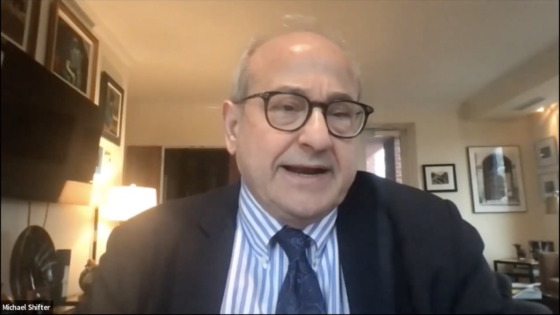 Video
Video
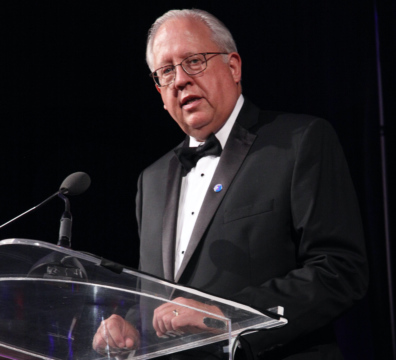
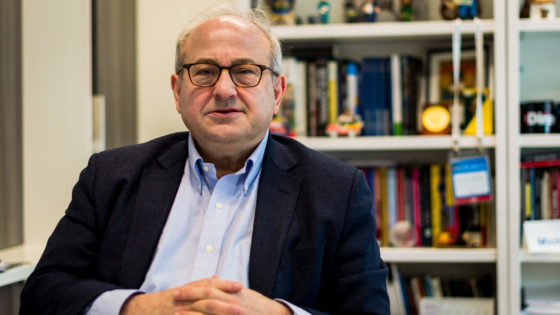
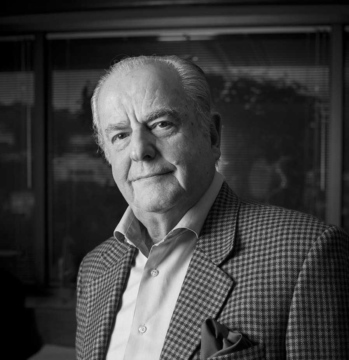
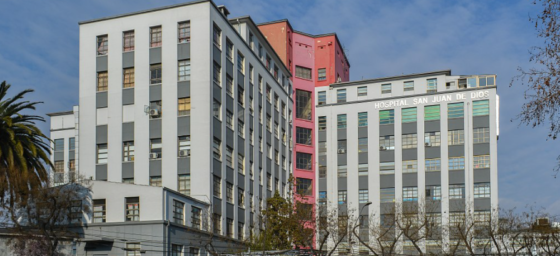
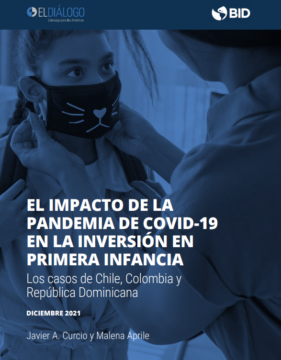
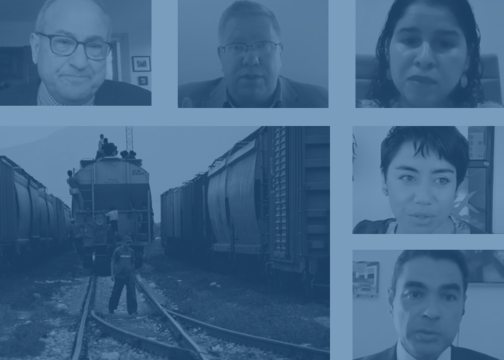 Video
Video
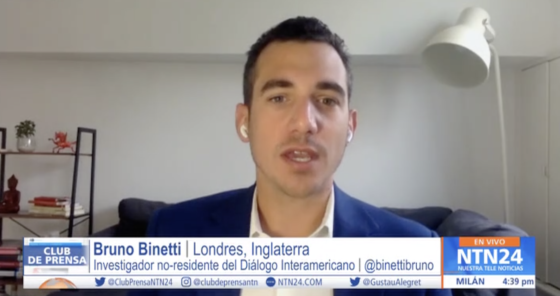 Video
Video
 Video
Video